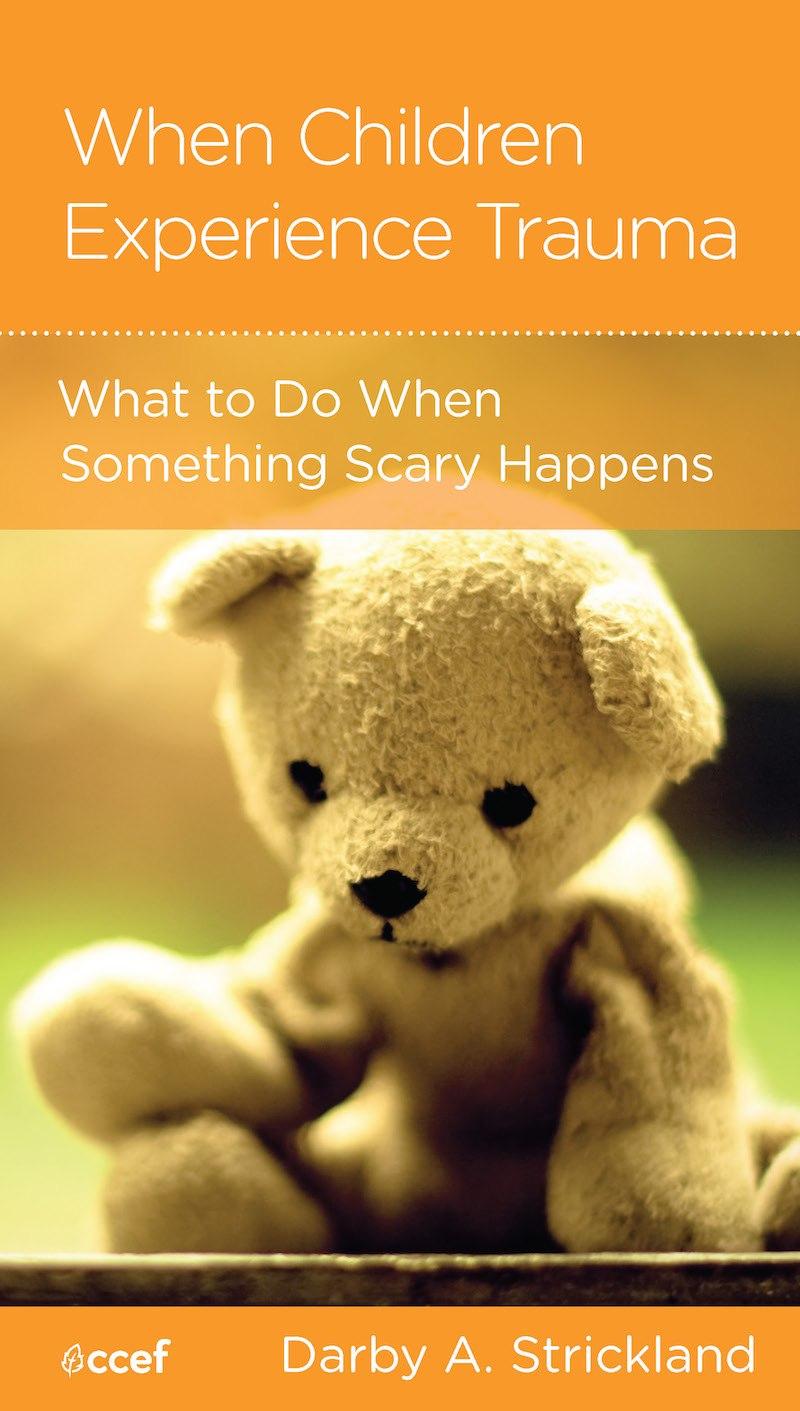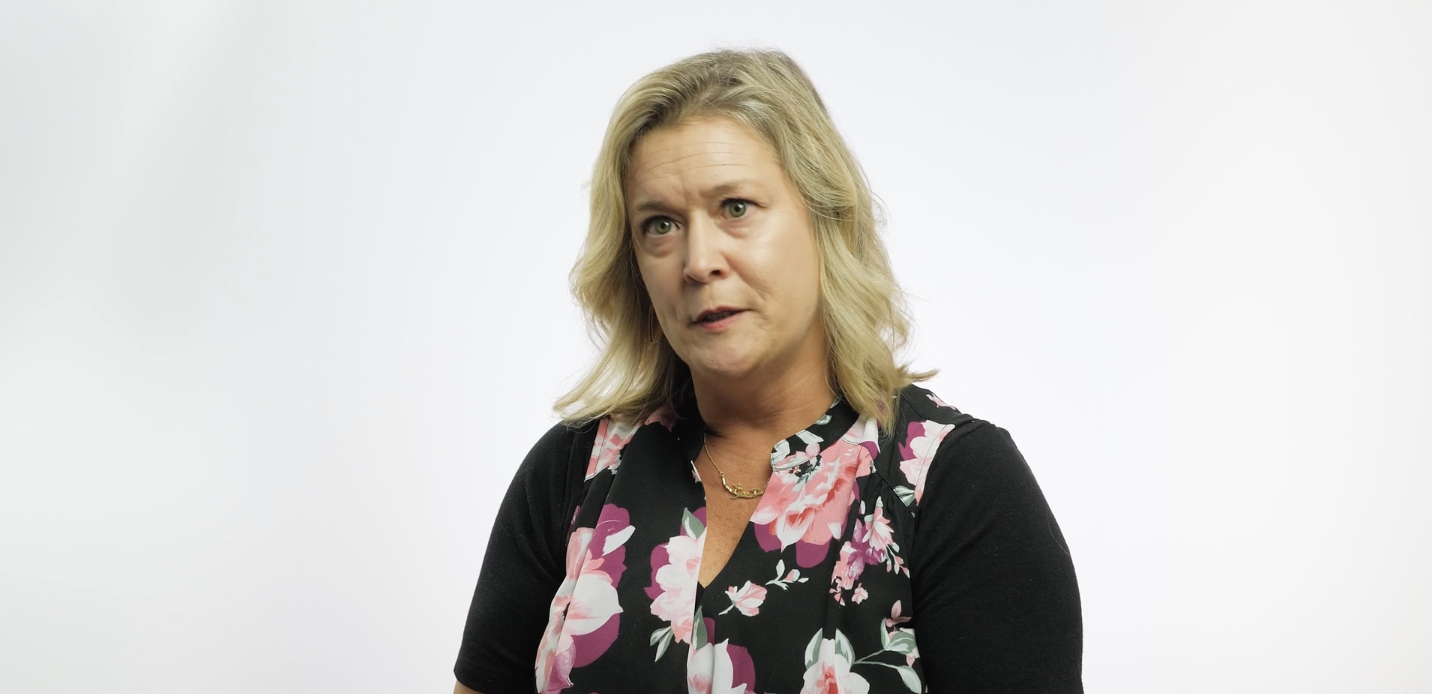Transcript
One of the first things you want to do after a traumatic experience is to reassure your child that they are now safe. Trauma is traumatic because it's an event that overwhelms a person, leaving them feeling very vulnerable and powerless. Children need to understand that you are there to help and protect them. So tell them about the steps that you have taken to protect them since the event. And this also is going to give you an opportunity to talk to your child about what happened and hear about what they fear might happen next.
Next, I'd want you to be thinking about how your child is reacting to the traumatic event. Little bodies and hearts are less equipped to handle and make sense of distress, so they need our help to figure it out, and they don't often possess the language or the emotional maturity, so when they are distressed, it's going to come out sideways. And their distress is often observable and it often looks like poor behavior. We see this with overtired and hungry children, so try to make careful observations about how your child's body and soul are reacting. In children, a trauma response might manifest itself as bad behavior like anger or impulsivity or behavior regressions like bedwetting or thumb sucking, or they might be masked by physical ailments such as stomach aches. It's actually really essential to understand the root of what you are observing in your child so that you can provide the appropriate care.
This is going to take time and patience and the deliberate pursuit of your child's heart. And as parents, we are going to still need to address poor behavior. But when your child is traumatized, they need you to stay calm, so slow down your reactions and responses. Seek to address your child's behaviors gently while tending to their underlying causes. Perhaps the event has made it hard for your child to sleep, and if you simply approach this as a behavior issue, you are missing that your child is afraid, right?
You cannot discipline fear out of a child. You're going to want to understand why your child is struggling to sleep, and now this is going to give you an opportunity to shepherd your child through this event, and this is going to take work, right? It's not always obvious how to support your child's ability to sleep, but your child needs you to seek to understand them and their reactions, and develop a plan to support their suffering.
When trauma is present, and this is true no matter the age of the person, we need to become curious about how it impacts that person. We want to proceed with gentleness and patient, the same way our Savior meets us. We want to recognize the fear and vulnerability someone now feels and seek to be a reassuring presence. After a traumatic event, your comfort, support, and prayers and shepherding can make a child feel safe and loved by you and the Lord. In fact, research suggests that a nurturing relationship with a caregiver is more valuable and impactful to a child’s recovering than the best counseling. So you play a vital role in your child’s healing. I want that truth to encourage you: your child does not need you to be an expert in trauma or possess a particular group of helping skills. What your child needs is for you to engage with them as a sufferer, pointing the way toward hope and healing. So make it clear to your child that you want them to feel free to come to you to talk about how they’re dealing, especially when they’re feeling overwhelmed. Let them know that you are there for them, even when they are out of sorts.
When talking with your children, remember that several small conversations are often better for them. You want to snuggle up with them or get down on their level, talking to them while they’re playing or drawing, and you might just simply ask them, how are you doing? Or you might give them a chance to tell them the story of what happened to them. Children often need to tell the story repeatedly until they can make sense of it, so continue to invite them to tell you the story. Act it out, or draw a picture.
Whatever method they use to tell you about what happened allows you to hear how they are making sense of what happened, because children’s hearts are actively interpreting their world, and with something as complex as trauma, they’re going to need our help to sort it out. And you’re probably going to need to gently reframe for them what happened and any known reasons for it, correcting many of their misconceptions. And I just want to caution you—expect to hear many of the same questions from your children. Young children process information by repetition, and you’re going to have to endure a lot of similar conversations and similar questions. Just be encouraged something is happening in the midst of them. When they bring you a question, it’s okay to say that you do not know the answer. We don’t always know why suffering happens. Sometimes all we know is that we have a Savior who helps us in the midst of our suffering.
Now, it’s a great time when you don’t have an answer for something to teach them about the fall, because so much of our world is no longer the way God created it to be. But God sent Jesus to rescue us and redeem us from every part of fallen creation. So even though we can’t speak to a particular situation, we do have something to say. And you want your child to know they are not alone. That is important in their healing. And the same is true for you. Caring for a child in distress is not something you will do alone. God hears, he helps, he strengthens, he provides for our children and us when intense suffering enters their lives. So we have this cause to live expectantly, waiting to see how the Lord will be at work restoring and healing, and when we have our children seeing us having this hope, hope that Jesus is the largest shaping influence on their lives, and not the trauma, it will help them heal.


